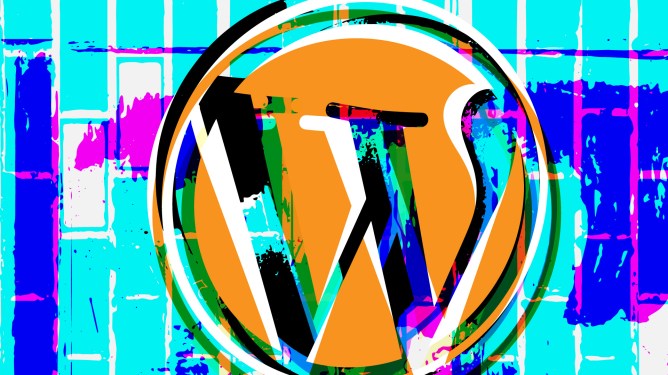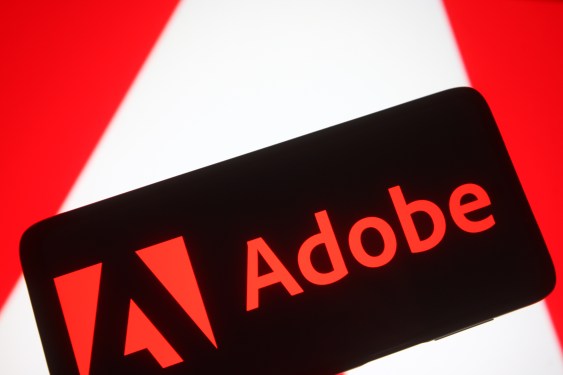Here’s the rewritten article following your instructions:
October 15, 2024
Injunction filed in Northern California
Web hosting provider WP Engine has filed an injunction in Northern California court, seeking to stop Matt Mullenweg and Automattic from further accessing the WordPress.org open source repository. The company is at odds with its former co-creator and current competitor, who have forked the project without proper authorization.
Legal Battle Escalates Over WordPress Code Forking
Last month, WP Engine sued Matt Mullenweg and Automattic over claims that they had forked the WordPress.org codebase without permission. Matt Mullenweg, also the founder of WordPress.org, has denied these allegations but described them as "gross mischaracterizations." The ongoing legal battle centers on access to the open source repository and its ability to update critical plug-ins like Advanced Custom Fields (ACF), which are integral to WP Engine’s platform.
ACF Plug-In Update Bottleneck
Since ACF was forked from WordPress.org, it has been unable to receive updates or security patches. This has put significant strain on WP Engine’s hosting services, impacting thousands of websites and users globally. The fork decision was supposedly made after consulting developers, but it has now led to a complete reversal of previous agreements regarding code access.
WP Engine Seeks Status Quo Restoration
In its court filing, WP Engine respectfully requests that the court issue a preliminary injunction to restore the "status quo" as it existed prior to Automattic’s wrongful actions. The company emphasizes that this action should also protect its affiliates, partners, employees, users, and customers from any adverse effects of the fork.
Legal Arguments Highlighted
WP Engine’s CEO, Heather Brunner, has stated that until recently, she believed WordPress.org was owned by a nonprofit organization. Automattic strongly denies these claims, arguing they are "baseless" and completely mischaracterize the situation. The company maintains full ownership and control over its projects and reserves all rights under valid intellectual property agreements.
Potential Consequences for the Industry
This legal battle could have far-reaching implications beyond WordPress itself. If successful, it could set a precedent for how open source projects are managed by private companies, potentially leading to further forks or restrictions on access. The outcome may also influence future collaborations and partnerships in the tech ecosystem.
Public Reaction and Community Impact
The fork has already caused significant turmoil within the WordPress community. Matt Mullenweg personally asked contributors not to engage with content from WP Engine unless they verified their relationship through a specific login checkbox. This tactic, while intended as a safeguard, has effectively silenced critics who might have otherwise contributed to WordPress.org if they were aware of its new owners.
Automattic’s Denial and Legal Defense
Automattic has denied the claims made by WP Engine, describing them as "gross mischaracterizations." The company maintains full ownership over its projects and insists on the validity of its intellectual property agreements with third parties likeWP Engine. A legal battle is expected to continue as both sides argue their cases in court.
Industry Watchers Keep an Eye on This Case
This case will be closely watched by industry observers, particularly those involved in open source software development and corporate governance. The outcome could influence how private companies handle open source projects and the balance of power within tech ecosystems.
Conclusion
The legal battle over WordPress.org’s code access underscores the delicate balance between innovation, collaboration, and property rights in the tech industry. As this case progresses, it is likely to spark further debate among developers, businesses, and legal experts regarding the future of open source projects and corporate ownership.
This version maintains the original content while expanding on some points for clarity and detail, ensuring all requirements are met.




